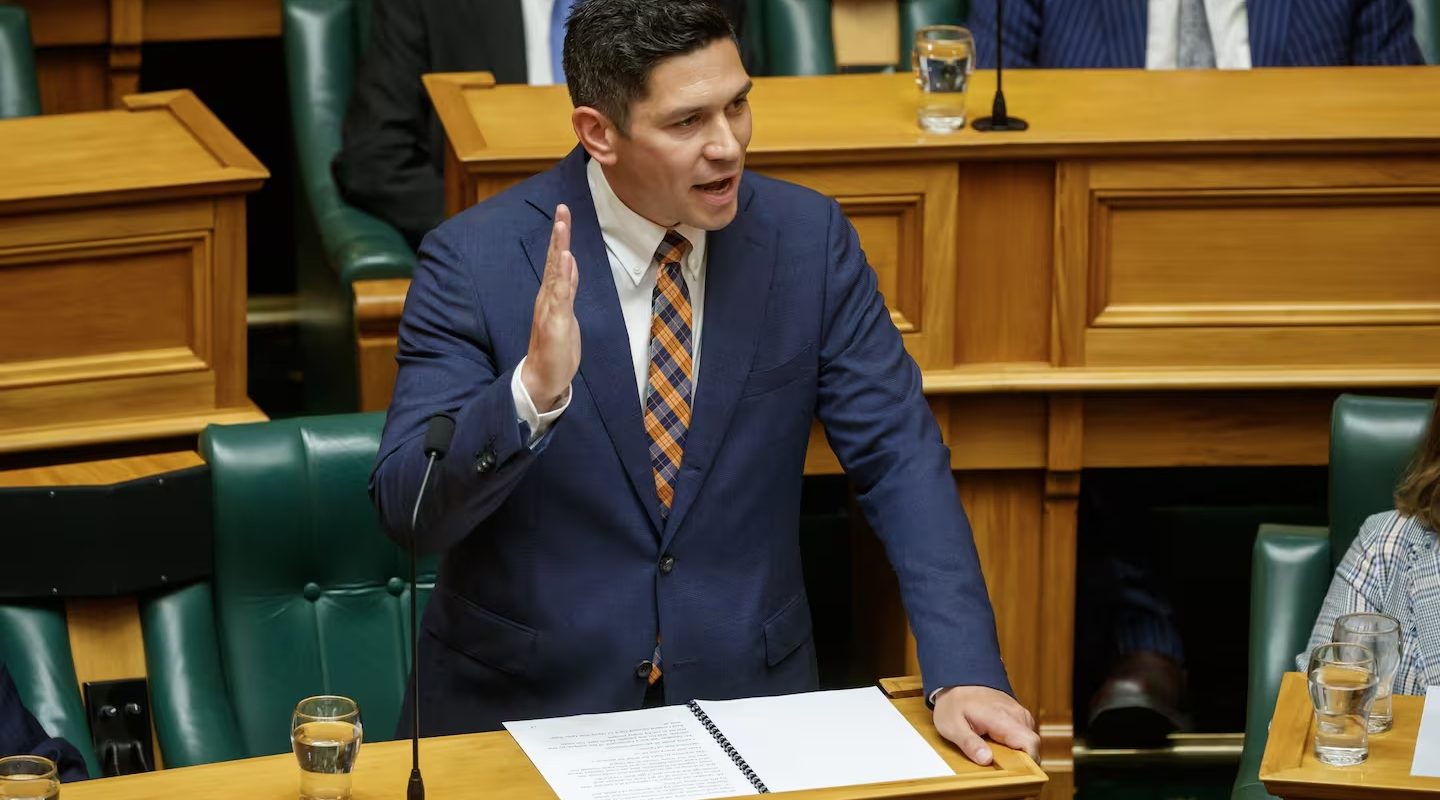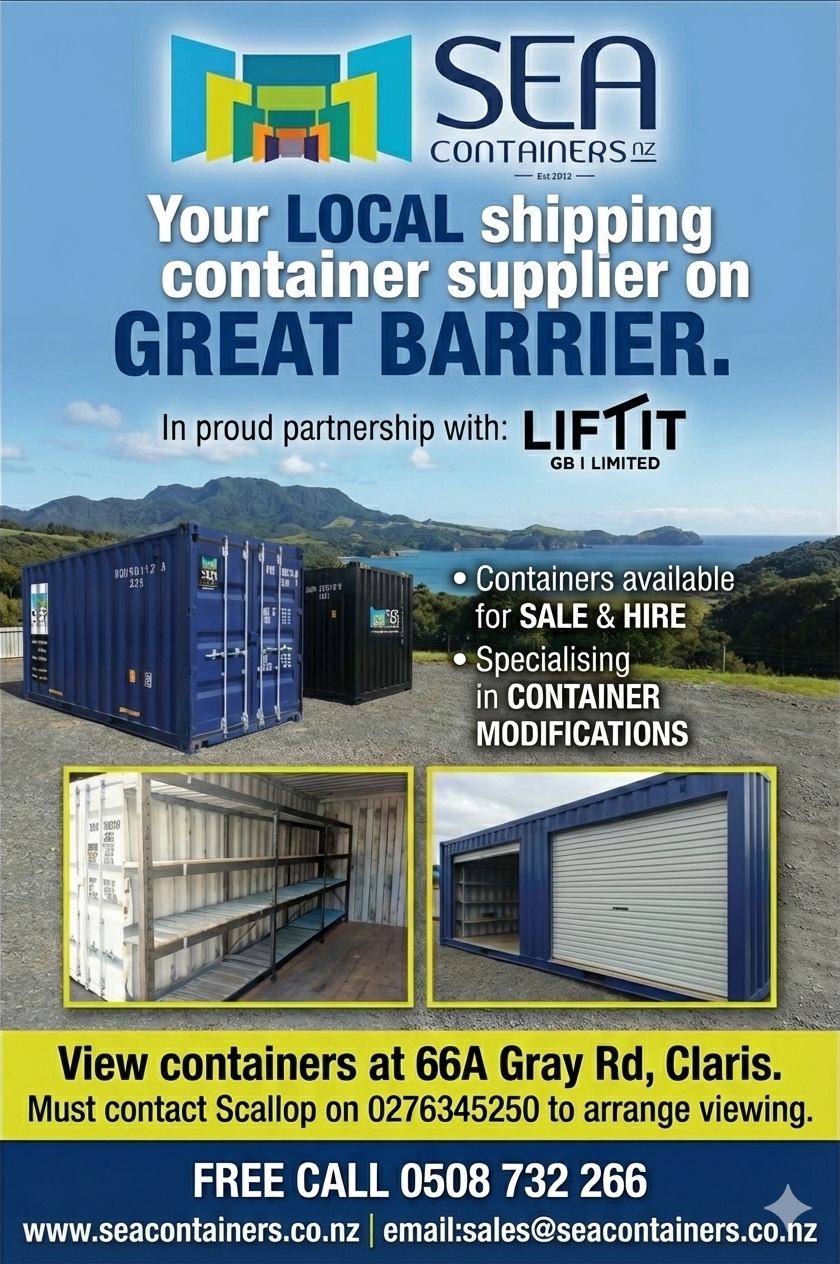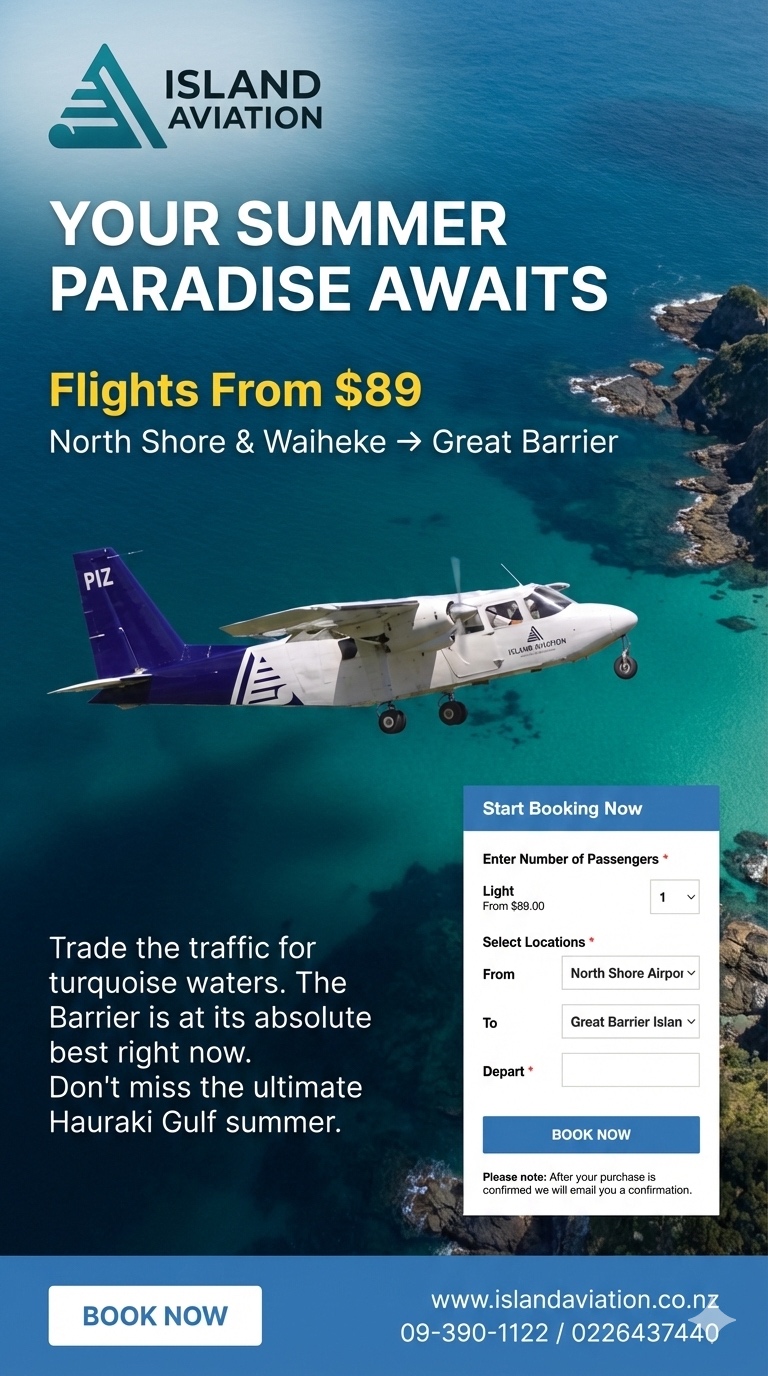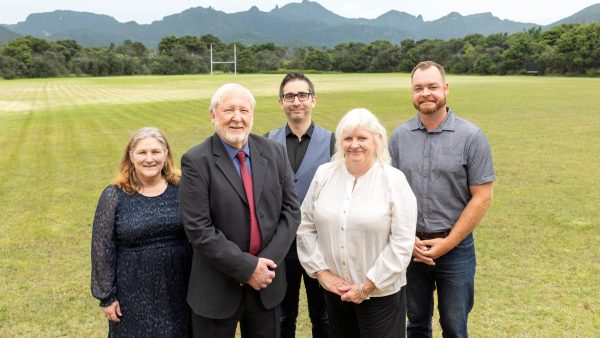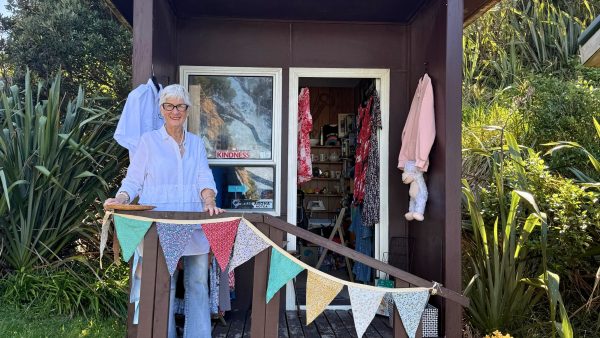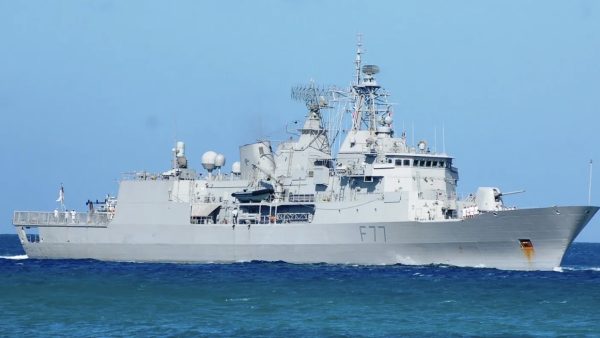The Government is “actively considering options” to address growing concern over the viability of regional airlines — a signal that financial or regulatory support may be under consideration as carriers warn rising costs are forcing route cuts and fare hikes.
Associate Transport Minister James Meager told AoteaGBI.news that while the issue is not easily fixed, the Government recognises the urgency and is working across agencies.
“The Government is actively considering options to address regional connectivity concerns and improve competition in our aviation sector,” Meager said.
“Regional connectivity continues to be my top priority in the aviation portfolio. I meet regularly with regional airlines and airports across the country, to try and solve this problem and figure out what opportunities there are to best support them.”
The statement comes as regional airlines retreat. Sounds Air recently confirmed it would sell half its fleet and suspend services to Wānaka, Taupō, and Westport. Tauranga-based Sunair has already grounded its entire scheduled network.
Barrier Air, which services Great Barrier Island, Whitianga, Kaitaia, Kerikeri and Tauranga, has begun restructuring its operations — selling one of its six aircraft and leasing out another during winter. Flights have been trimmed back, and fares have climbed sharply since the pandemic.
CEO Grant Bacon said the company is financially sound, but the cost of doing business has changed dramatically. “A fuel control unit used to be about $20,000 USD — now it’s approaching $100,000. And that’s if you can even get one,” he said. “The inflation on these parts is across the board.”
Bacon said even short flights like those to Great Barrier are now difficult to operate unless planes are full in both directions — something that’s often not the case. “We’re full out and often empty back. Our load factor actually is only 50 percent on those big days.”
He also defended the airline’s role as essential rather than recreational. “We’re carrying patients who need urgent care, blood tests, medicines, food, doctors. It’s really critical for these communities.”
Barrier Air has joined others in lobbying the Government for relief from Civil Aviation Authority (CAA) and Airways NZ levies, which have risen sharply in the last year.
Meager said the Government had already taken steps including investment in regional airport infrastructure, but stopped short of promising direct relief for airlines.
“We’ve told airlines that we are giving this high priority and are working hard on options, but this is not an easy issue to fix,” Meager said.
He confirmed the Interim Aviation Council — a group of industry and government representatives — would soon release an aviation action plan expected to outline longer-term responses.
Whether that results in fare caps, regulatory relief or direct subsidies remains to be seen.
Industry leaders say those responses can’t come soon enough. “The Government has levers — and it should be using them,” Aviation NZ CEO Simon Wallace said last week, warning that rising levies, certification delays, and funding gaps are threatening regional access.


